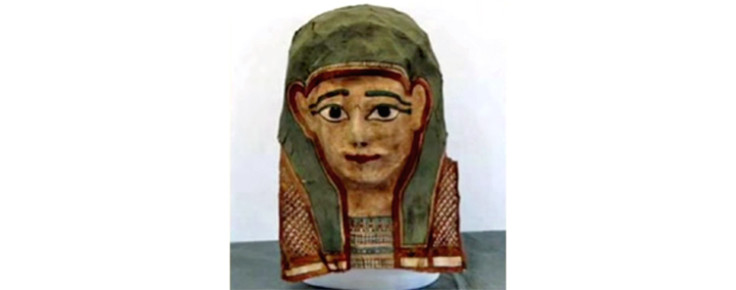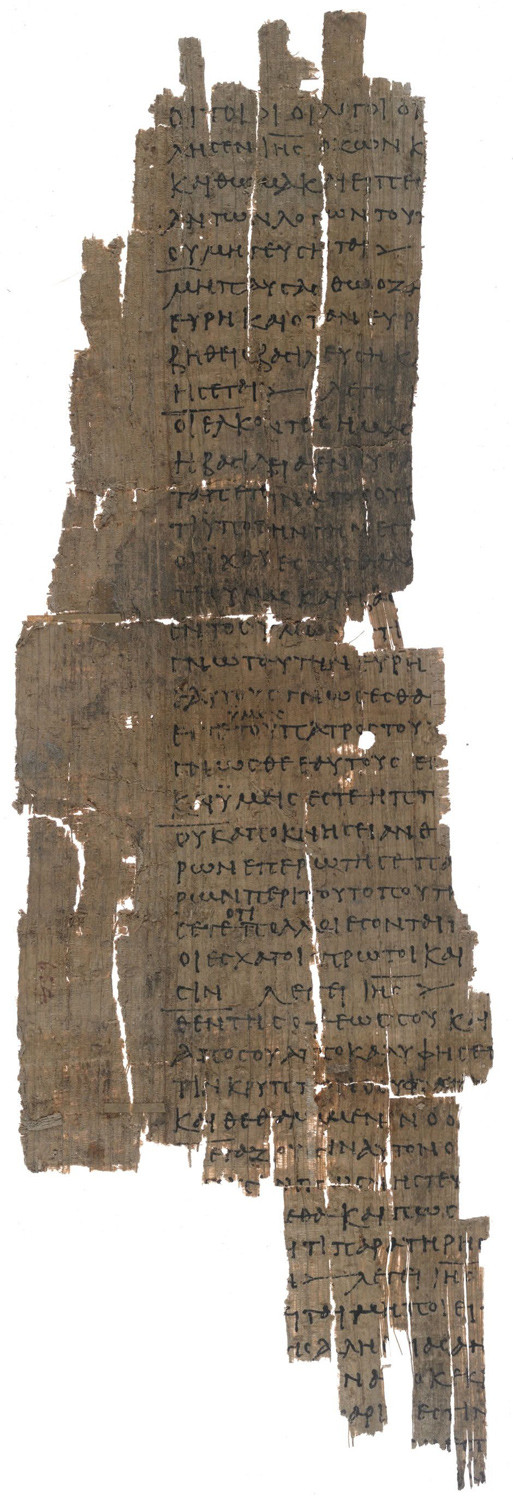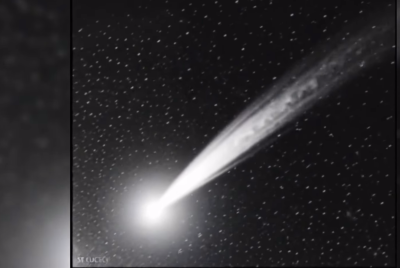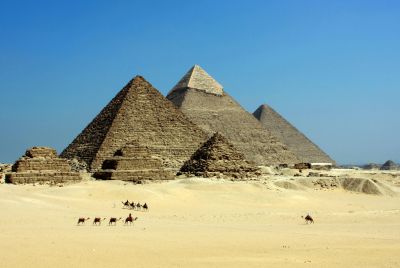Egypt: Mummy mask found to contain 'oldest known gospel' from first century AD

Archaeologists believe they may have found the oldest copy of a gospel ever known to exist, inscribed on a fragment of papyrus used to make an Ancient Egyptian mummy mask.
The ancient papyrus fragment contains a text from the Gospel of Mark and was written in first century AD prior to the year 90. So far, the oldest surviving copies of the gospel date back to the second century, which would make the new find at least 10 years older.
Pharaohs and nobility in Ancient Egypt might have been able to afford funerary masks made from gold but ordinary people usually could only afford mummy masks made from linen or papyrus.
Add to that, under the Roman rule of Egypt (30 BC-619 AD), Egyptian influences were being phased out by the Romans and indigenous Egyptians were considered to be on the lowest rung of society, far below Romans and Greeks, so the people were very poor.
Nevertheless, some traditions remained and at times, mummy masks would be made from recycled sheets of papyrus as the material was very expensive.
Mummy masks made from valuable papyrus
Now a team of archaeologists at Acadia Divinity College in Wolfville, Nova Scotia are taking mummy masks apart, using a special technique to remove the glue on the masks that does not harm the ink on the sheets of papyrus.
The researchers have discovered hundreds of new texts using this method, including philosophical writing and copies of stories by Homer, an important ancient Greek poet.

"We're recovering ancient documents from the first, second and third centuries. Not just Christian documents, not just biblical documents, but classical Greek texts, business papers, various mundane papers, personal letters," Craig Evans, a professor of New Testament studies at Acadia Divinity College told Live Science.
The researchers are analysing the mummy mask texts in order to discover how biblical texts were copied and whether there were any alterations to the Gospel of Mark over time.
"We have every reason to believe that the original writings and their earliest copies would have been in circulation for a hundred years in most cases — in some cases much longer, even 200 years," Evans said.
"A scribe making a copy of a script in the third century could actually have at his disposal [the] first-century originals, or first-century copies, as well as second-century copies."
Anger over taking apart mummy masks
Although Evans' discovery is not insignificant, there are many scholars in the archaeology world who disagree with dismantling ancient mummy masks to access the papyrus texts.
There are also concerns Evans' work is not grounded in fact. Questions posed to him about where the mask came from and carbon dating have gone largely unanswered, as the Acadia Divinity College professor said he and his team are subject to a nondisclosure agreement until the papyrus is officially published.
Evans confirmed to Live Science the owners of the funerary masks do not want to be known and the only reason he can even mention the first-century gospel fragment is because a member of his team leaked some of the information in 2012.
"Here's a guy getting so excited about finding a first-century manuscript of a first-century text that he's totally oblivious to the destruction of archaeological material it entails," wrote Paul Barford, an English archaeologist living in Warsaw in his blog about private artefact collecting and heritage issues.
"By the way, they generally did not accompany sarcophagi. Getting the mask off the wrapping was usually accompanied by the destruction of the whole mummy."
Fears of improper research done by Christian apologists
Separate to archaeology is the field of Christian apologetics, whereby people seek to present a rational basis for the Christian faith against objections.
Apart from trying to prove miracles and defending authorship and dates of biblical books, Christian apologists often analyse ancient historical artefacts for connections to Christianity. Many archaeologists allege they obtain these items privately through unscrupulous means.
Roberta Mazza, a lecturer in Classics and Ancient History at the University of Manchester, has been trying to find out whom the papyri belongs to but has so far been unsuccessful.
Until the papyrus has been published, scholars and archaeologists will not be able to prove or disprove Evans' work.
In her blog, she wrote of Evans' talk at the 2014 Apologetics Canada conference: "These people are not doing any good service to the public and to our cultural heritage patrimony.
"The audience who attend their talks are told fantasy stories on the retrieval of papyrus fragments and their date, and on the quest for Christian original texts.
"Apologists' speeches are not only misinformed, but can even encourage more people to buy mummy masks on the antiquities market and dissolve them in Palmolive soap."
Brice Jones, a doctoral candidate in religion at Concordia University, is concerned with how apologists are using cultural artefacts. This is part of the problem with private collecting, which denies the world's people their heritage by hiding away artefacts that should be displayed publicly for study and enjoyment.
In his blog, he wrote: "The scholarly community needs to be more and more aware of these practices, how these artefacts are being used, and the religious agendas behind it all."
© Copyright IBTimes 2025. All rights reserved.






















